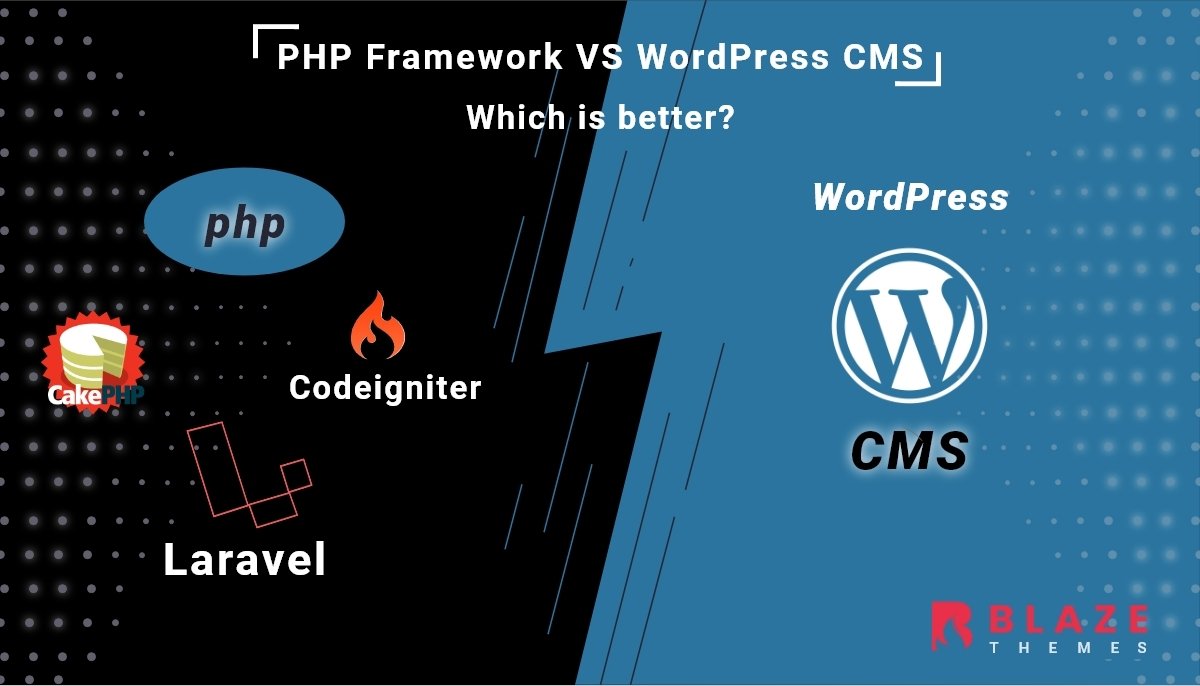Difference between PHP and CMS

PHP and CMS (Content Management System) serve different purposes in web development.
PHP:
-
Programming Language:
- PHP (Hypertext Preprocessor) is a server-side scripting language used for web development.
- It is embedded within HTML code and executed on the server, generating dynamic content that is sent to the client's browser.
-
General-Purpose:
- PHP is a general-purpose programming language, meaning it can be used for various tasks beyond web development, such as command-line scripting.
-
Dynamic Web Pages:
- PHP is commonly used to create dynamic web pages, where content can change based on user interactions or other conditions.
-
Server-Side Logic:
- PHP is responsible for handling server-side logic, database connections, form processing, and more.
CMS (Content Management System):
-
Web Application:
- A CMS is a specific type of web application or software designed to simplify the management and publication of digital content.
-
Content Creation and Management:
- CMS platforms provide tools and interfaces for users to create, edit, and organize digital content, such as articles, pages, images, and multimedia.
-
User Management:
- CMS systems often include user management features, allowing different users to have specific roles and permissions, such as administrators, editors, and contributors.
-
Themes and Templates:
- CMSs typically support themes or templates, enabling users to customize the look and feel of their websites without extensive coding.
-
Extendability:
- Many CMS platforms are extensible through plugins or modules, allowing users to add new features or functionalities without having to code them from scratch.
-
Examples:
- Examples of CMS platforms include WordPress, Joomla, Drupal, and many others. These platforms are often built using PHP, but they are not synonymous with PHP.
Summary: In summary, PHP is a programming language used for server-side scripting, while a CMS is a specific type of web application designed to facilitate content creation, management, and publication. PHP is often used to build the backend of CMS systems, providing the logic and functionality that powers the CMS. The two concepts are related, but they serve different roles in the context of web development.
Thank you.
